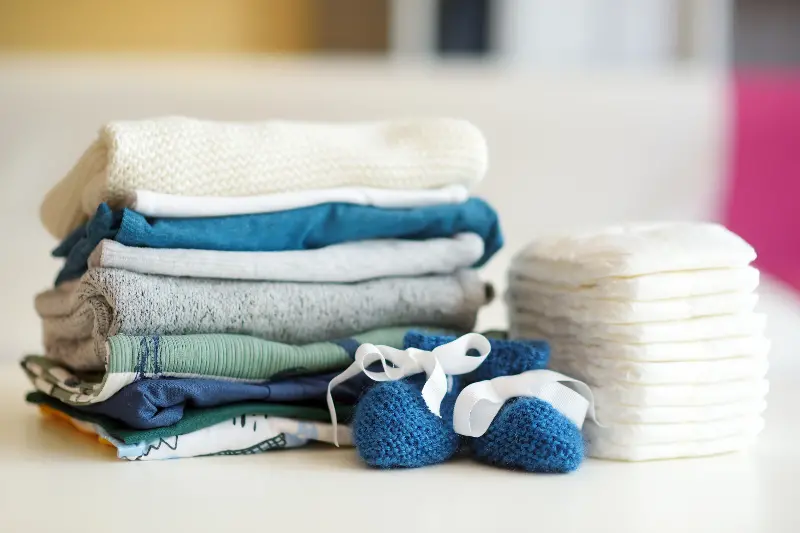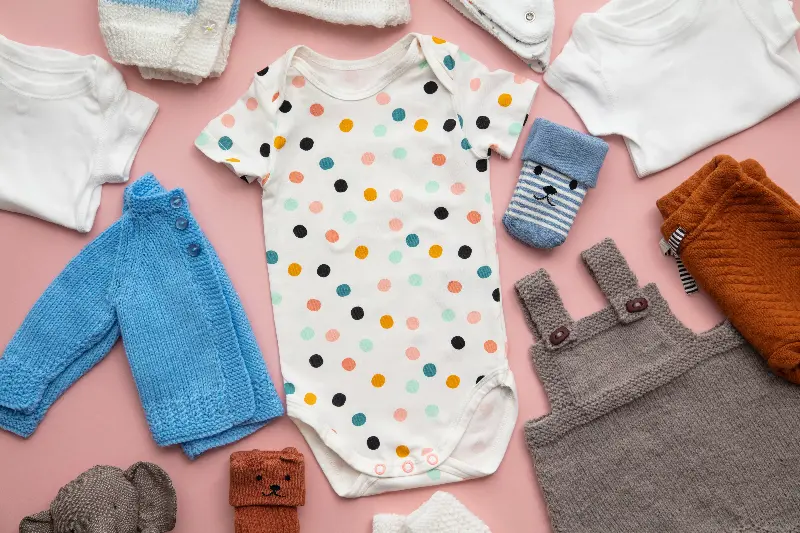
Welcoming a new baby into your family is an extraordinary milestone. Amid the excitement and anticipation, one of the most practical steps you can take is to get your home ready with everything your newborn will need. For first-time parents and seasoned caregivers alike, the sheer number of options can be overwhelming. To make those early days smoother, we’ve gathered the ultimate newborn shopping checklist—packed with essential items and a few fascinating facts to help guide your choices.
Sleep Solutions For Sweet Dreams
Newborns spend up to 17 hours a day sleeping, though rarely in long stretches. Creating a safe sleeping environment is a top priority. A crib or bassinet with a firm, snug-fitting mattress ensures safety—always avoid loose bedding, heavy blankets, or plush toys, as these can increase the risk of suffocation.
Sleep sacks or wearable blankets have become popular substitutes for traditional blankets. They keep your baby cozy while reducing risks. Fitted crib sheets are practical, ideally two or three, since middle-of-the-night messes are all but guaranteed.
Did you know that newborns are comforted by familiar sounds? White noise machines or soft lullaby players can make sleep transitions easier, mimicking the reassuring sounds heard in the womb.
Diapering Essentials And Hacks
In those first few weeks, expect to change diapers between eight to twelve times a day. Whether you choose cloth or disposable, stock up beforehand. Newborn sizes won’t fit for long—babies typically outgrow the smallest diaper size within a month or two!
A sturdy changing pad, plus two or three washable covers, is an underrated hero for speedy clean-ups. Diaper pails with odor control are worth the modest investment—your nose will thank you.
Fragrance-free baby wipes, gentle on sensitive skin, are a must, and hypoallergenic diaper creams help prevent irritation. Pro-tip: keep a mini diaper station on each floor of your home if possible. In those sleep-deprived hours, every saved step counts.

Feeding Gear For Hungry Tummies
Feeding routines can look vastly different from family to family. For breastfeeding parents, consider a high-quality breast pump (many health insurances cover this), milk storage bags, breast pads, and nipple cream. A comfortable nursing pillow can make a world of difference, easing the weight during long feeding sessions.
If you plan to use formula, purchase bottles in a couple of styles, as babies often have their own preferences. Most parents report opting for slow-flow nipples to help their newborns feed comfortably. Bottle brushes, a drying rack, and a bottle sterilizer will keep feeding gear clean and organized.
Burp cloths will be your best friends—aim for at least a half dozen. Babies are masters of the spit-up trick, and it always seems to land just as you’ve put on a clean shirt.
Clothing: Comfort, Practicality, And A Dash Of Style
Newborn wardrobes need not be extensive, but a few specific features make daily dressing easier. Choose soft, breathable cotton bodysuits, ideally with envelope necks for easy on-and-off changes. About seven to ten bodysuits and five pairs of footed pajamas will see you through a week.
Zippers are often faster than snaps—small details make a big impact during those midnight clothing changes. Scratch mittens, hats, and a couple of cozy blankets (for supervised awake time or outings) complete the basics.
An interesting fact: babies lose heat through their heads faster than adults, making hats especially helpful for temperature regulation during those first few weeks.

Bathing And Health Necessities
Babies only need a bath two or three times a week, but you'll appreciate the right gear when the moment comes. An infant bathtub provides support, and mild, fragrance-free baby wash protects delicate skin.
Having a few soft hooded towels and baby washcloths makes bath time smoother. Keep a digital thermometer on hand—taking your baby’s temperature during fevers is best done with a rectal thermometer for accuracy in the newborn months.
A basic baby first aid kit should include nail clippers or emery boards (baby nails grow at lightning speed), a soft-bristled hair brush, saline nasal drops for stuffy noses, and a nasal aspirator.
On-The-Go Essentials
Even quick errands can feel daunting with a new baby. A rear-facing car seat, properly installed and safety-approved, is non-negotiable for the ride home from the hospital. Consider a stroller that is travel-system compatible, making transitions from car to sidewalk seamless.
A well-stocked diaper bag is a life-saver. It should hold diapers, wipes, a changing pad, extra outfit, a small blanket, feeding supplies, hand sanitizer, and a pacifier.
Baby carriers allow for hands-free comfort, making new outings easier and providing the close contact babies crave. Research shows that babywearing can help reduce newborn crying and support parent-infant bonding.
Creating Your Own Checklist
While this guide covers the essentials, remember that every baby—and every parent—is unique. Resist the urge to buy everything at once. Start with basics, and let your needs guide future purchases.
Preparing your home for a new baby isn’t just about stuff—it’s about creating a safe, nurturing space filled with love and readiness for this new adventure. Happy nesting, and welcome to a world where “sleep when the baby sleeps” is sage advice and every little giggle makes it all worthwhile.
